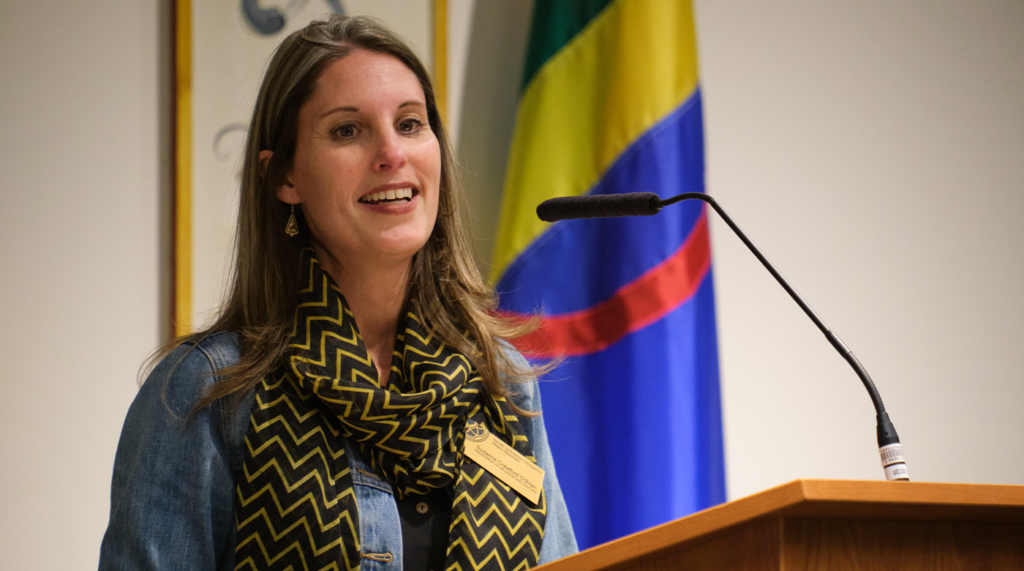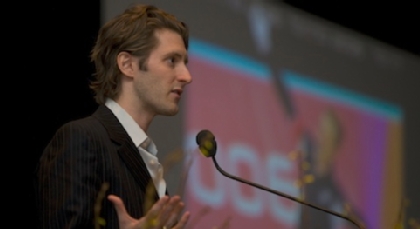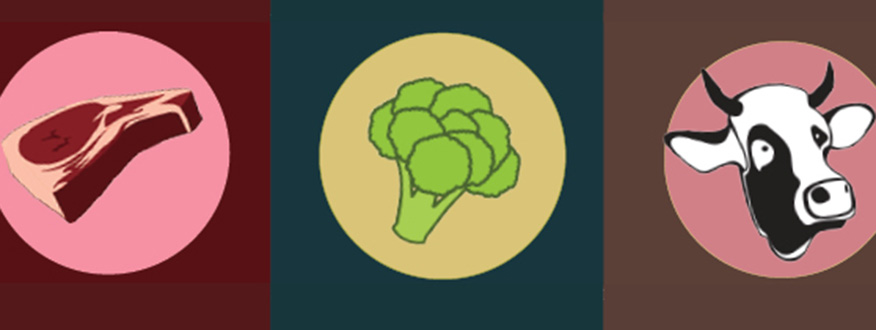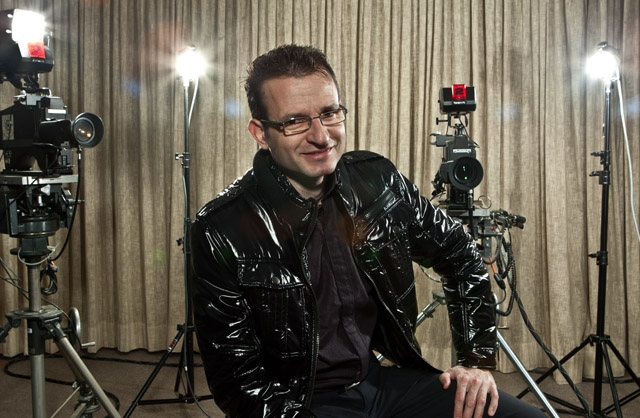Page 15 • (260 results in 0.021 seconds)
-

Home, Stay Healthy.” The show is centered on a topic from a book or other children’s literature that connects with each week’s channel theme. Warm Line, hosted by PLU Pastor Jen Rude, centers the spiritual well-being of our PLU community through topics of faith and spiritual community, interpretations of and opportunities for service, and so for. Diversity Deep Dive, hosted by Associate Vice President for Diversity Justice, and Sustainability Angie Hambrick and Dean of Inclusive Excellence Jennifer
-
person get under my skin? Why do I not like her? Why do I not like him? The reason is because I do like them so very much, but I do not have the tools to tell her/him. That coupled with the idealized love of literature makes for some good conflict.” The story line is classic and simple. Clapp intends to let the story evolve naturally and unfold as it has so many times before. “It is sentimental, funny and at times a bit cheese ball. For me, that is enough,” Clapp describes. The multiple locations
-

think the value of literature and writing is even more paramount as we move forward, because it’s acting as kind of a resistance to forces in our culture that want to reduce or simplify experience,” Barot said. “What literature does is restore complexity to the things that people feel and do and think, and celebrate complex emotional, social, intellectual experiences.” As for the future of the Rainier Writing Workshop, Barot looks backward and forward, always with the founders’ vision—and
-

year really motivated both students and faculty, and we were able to bring that motivation into the classroom through applied projects. Faculty were able to bring these issues into discussions of literature, history, philosophy, ethics, and environmental equity. How have faculty, staff and students responded to that challenge? I’m continually amazed at how my colleagues pivoted so quickly to online classrooms, how they spent the entire summer learning very different kinds of pedagogies and
-

time, Watts enjoys hosting game nights and watching movies with her friends — creating a space where her friends of color can feel free to be themselves. Nayonni Watts '19, pictured here with her project exploring the history of the Black Student Union and African-American students at PLU, hoped her student-led production “Spectrums of Color” would shine a light on people of color with neurological disorders. She enjoys watching cartoons such as “Steven Universe,” “Craig of the Creek,” and wants to
-

someplace Cheek had never heard of called Darfur. “Someone should do something about that,” Cheek remembered thinking, and then promptly forgot about the story. Once he returned home to the U.S., Cheek was shocked that in fact, broadcasts and stories about Darfur and the slaughter of civilians there were not grabbing headlines and top story slots on the evening news. In fact, there was little if any news about the conditions that African country. It was at this juncture, Cheek decided that he decided
-

power acknowledge and address them and decide they want to change things,” he said. “That is the white power structure.” Smith, who identifies as African-American, said he enjoyed listening to white people in his group discuss the day’s topic. He said getting people beyond discomfort is crucial to meaningful dialogue. “I really was quiet at my table today because I thought it was an opportunity to listen, and for folks of color to not have to carry the banner around conversations on race,” Smith
-

society. “This is an excellent opportunity to have public discussion about human consumption of animal flesh, a critically important ethical question that impacts all of our lives. It is also a wonderful and unique set-up for a debate where I have the chance to both partner with and learn alongside undergraduate students,” Emmerman said. Dr. Michael Schleeter is an Assistant Professor at PLU with a B.A. in Philosophy, Comparative Literature, and Biology from the University of Minnesota and a Ph.D. in
-
of Kansas in 1981, with a major in special education and a minor in language development. He joined the PLU faculty in 1981 and since 1994 has held the rank of professor. Reisberg has contributed to the literature in special education by focusing on topics that can positively impact the lives of students with academic and behavior difficulties, among them classroom management, technology-based instructional methods, and para-educator training. He has held many roles in the School of Education and
-

, Religion and Literature of the Hebrew Bible. In this class, Finitsis asked his students to tell Hebrew Bible stories in whatever way they could. What he saw was “too good for no one else to see.” With that, “Hebrew Idol” was born. As part of the class, the student videos are subject to a vote, with top selections advancing to an awards show. The show includes viewings of the top selections, guest judges portraying Hebrew Bible characters, awards, hall-of-fame inductions and musical performances. It is
Do you have any feedback for us? If so, feel free to use our Feedback Form.


